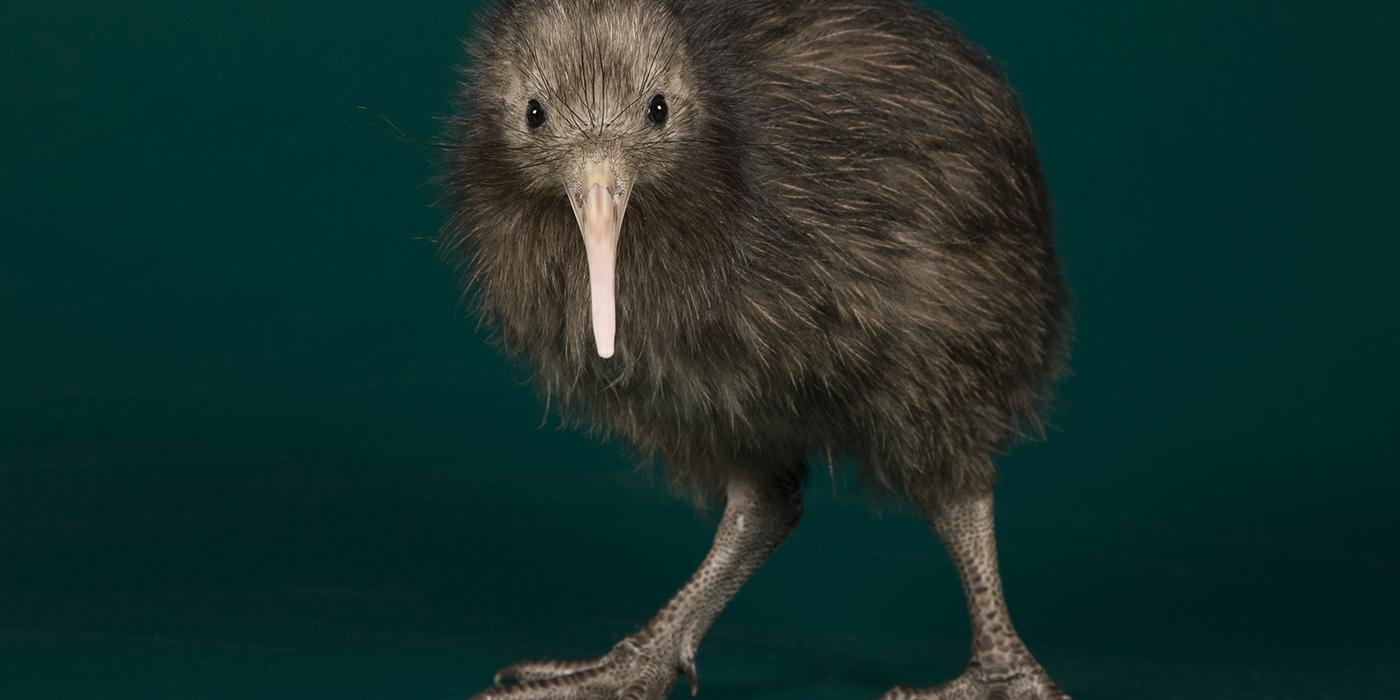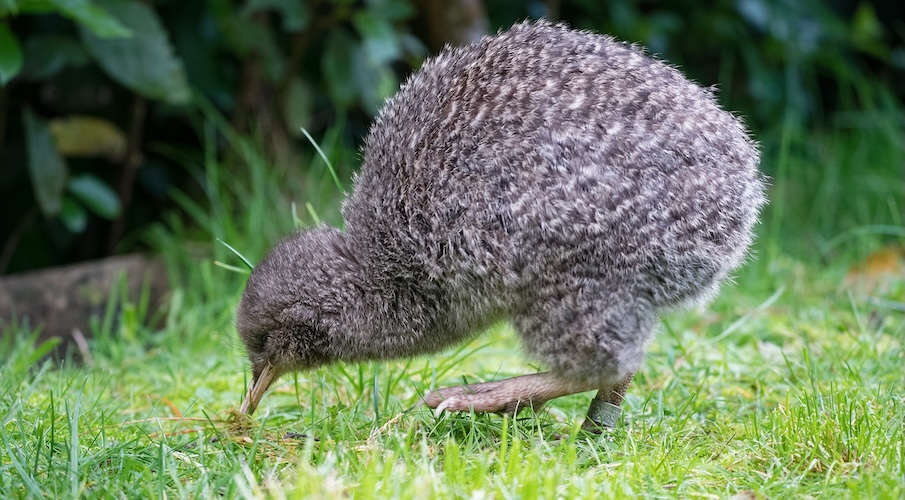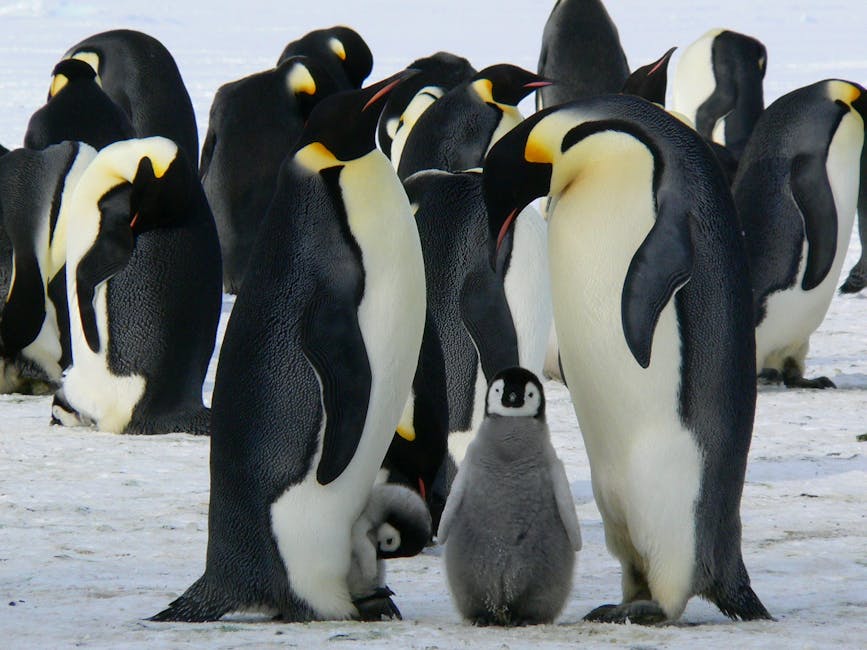Have you ever wondered why the kiwi bird, a symbol of New Zealand, is disappearing from the wild? These unique, flightless birds are facing serious dangers that threaten their very survival.
Understanding why kiwi birds are endangered is not just about facts—it’s about feeling connected to their story and realizing how your actions can make a difference. Keep reading to discover the hidden threats kiwi birds face and what you can do to help protect these extraordinary creatures before it’s too late.

Credit: www.peckperk.com
Kiwi Bird Habitat
The Kiwi birdis native to New Zealand. It lives in dense forests and scrublands. These areas offer foodlike insects and shelter from predators. The kiwi needs cool, moist environments to survive.
Many parts of New Zealand have lost their forests. This loss happens because of farmingand urban growth. Trees are cut down, and the land is changed. This makes it hard for kiwis to find safe homes.
- Forests cleared for farms and houses
- Natural areas turned into roads or cities
- Fire and storms damage kiwi habitats
- Invasive plants take over native plants

Credit: nationalzoo.si.edu
Predators Threatening Kiwis
Kiwi birds face many dangersfrom animals not native to New Zealand. These introduced mammalsinclude stoats, rats, and cats. They were brought by humans long ago. These predators attack kiwi eggs, chicks, and adults. Kiwis have no natural defenses against them.
Stoats are especially harmful. They are fast and clever hunters. Rats eat eggs and young kiwis. Cats hunt adult birds and chicks alike. These mammals cause kiwi numbers to fall quickly.
| Predator | Impact on Kiwi |
|---|---|
| Stoats | Hunt kiwi chicks and eggs, reduce survival rates |
| Rats | Eat eggs and young kiwis, lower hatch success |
| Cats | Kill adult kiwis and chicks, cause population decline |
These predators change the kiwi’s chance to live. Without help, kiwi numbers keep dropping. Protecting kiwis means controlling these mammals.
Breeding Challenges
Kiwi birds have low reproduction rates. They lay only one or two eggs each year. The eggs are very large compared to the bird’s body size. This makes it hard for the mother to keep the eggs warm. It also takes a long time for the eggs to hatch, about 70 to 85 days.
Nesting vulnerabilitiesadd more risk. Kiwi nests are on the ground, hidden in bushes or burrows. This makes eggs and chicks easy targets for predators like rats, stoats, and cats. Weather can also affect the nests, causing damage or flooding. These challenges make it tough for many kiwi chicks to grow up safely.

Credit: fatbirder.com
Human Impact
Urban growth affects Kiwi birds. Forests disappear for new buildings. Kiwi lose their homes. Noise from cities scares Kiwis. This makes them move away. Finding food becomes harder. Predators are closer to cities. Cats and dogs hunt Kiwi birds. This is dangerous for them.
Kiwi birds often cross roads. Cars move fast on roads. Kiwis cannot fly away. Many get hit by cars. Drivers may not see them. Kiwi birds are small and move slowly. Roads near forests are risky. Accidents hurt their numbers. People need to drive carefully. Saving Kiwi birds is important.
Conservation Efforts
Predator control programshelp keep kiwi birds safe from animals like rats and stoats. These predators eat kiwi eggs and chicks, making survival hard. Traps and poison baits are used to lower predator numbers. This helps more kiwi babies grow up.
Habitat restorationmeans fixing and protecting places where kiwi live. Trees are planted and weeds removed to make homes better. Clean, safe forests help kiwi find food and hide from danger.
Community involvementis very important. People join groups to watch and protect kiwis. Schools, families, and neighbors work together. They learn about kiwi and help spread the word. This teamwork gives kiwi a better chance.
Frequently Asked Questions
Why Are Kiwi Birds Endangered In New Zealand?
Kiwi birds face threats from habitat loss and predators like rats and cats. These dangers reduce their numbers.
What Predators Cause Kiwi Bird Population Decline?
Introduced animals such as stoats, dogs, and cats hunt kiwi eggs and chicks, harming their survival.
How Does Habitat Loss Affect Kiwi Birds?
Deforestation and land use changes reduce safe living areas, making it harder for kiwis to find food and shelter.
Conclusion
Kiwi birds face many dangers every day. Predators and habitat loss harm their numbers. People must help protect these unique birds. Saving kiwis means saving New Zealand’s nature too. Small actions, like supporting safe areas, can make a big difference.
These birds need our care to survive. Their future depends on us all working together. Let’s keep the kiwi alive for generations to come.
